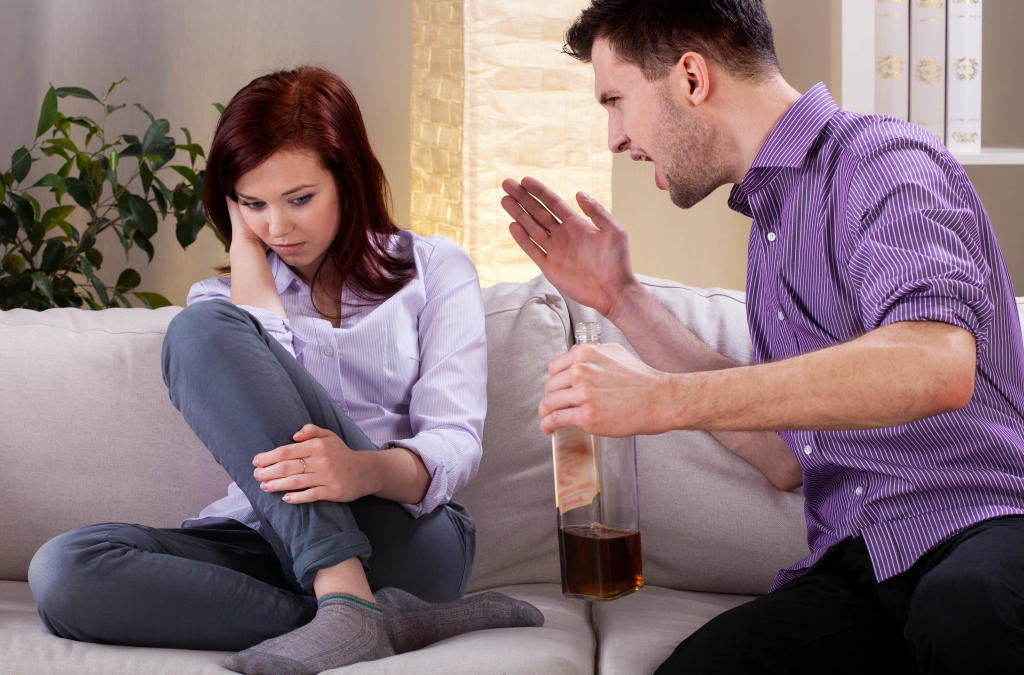If the drinker compensates for the calories in alcohol by decreasing calorie intake from food, this would explain the lack of weight change with moderate drinking. In several studies, volunteers were given, unknown to them, either an alcoholic beverage or a similarly tasting but alcohol-free beverage before a meal and then allowed to eat what they wished. The volunteers ate the same amount of food each time; the effect of ingesting calories in the does alcohol make you gain weight alcohol beverage had no effect on how much they ate subsequently. This is one reason why those on a diet are warned that the calories in a cocktail or two before dinner would not decrease their appetite. The alcohol calories (like the cost of the cocktails) would be added to the total calories from the meal. So it’s important to monitor your alcohol consumption as part of a balanced diet, regardless of whether or not you’re managing your weight.
I can’t thank you enough for writing this article and for putting down facts that will actually help people. This refers to the amount of alcohol it takes for your inhibitions to be significantly lowered such that your energy intake substantially increases over the following 48 hours. Otherwise, keep reading as we look at the three ways alcohol can lead to higher body weight, waistline, and health problems in the long term. At Second Nature, you’re provided with a registered nutritionist or dietitian who can support you manage your alcohol intake to suit your lifestyle and preferences.
How Does Alcohol Cause Weight Gain & How Can I Stop it?
While cross-sectional and longitudinal studies have controlled for a number of important lifestyle factors, there are many to consider when examining body weight regulation. It is highly likely that the paradoxical results seen in studies examining the effect of alcohol on weight gain and obesity are also the product of a multitude of factors beyond the individual’s ingestion habits. Future research must consider the other important factors that may influence the link between alcohol and obesity, some of which are discussed below. However, a clear cause-and-effect association between alcohol intake and weight gain is not apparent based on the mixed and conflicting available evidence on the topic. Given that both excessive alcohol intake and obesity are of public health concern, a better understanding of the association between alcohol consumption and excess body weight is warranted. In summarizing the recent literature it appears that light-to-moderate alcohol intake is less likely to be a risk factor for obesity than heavy drinking.
You could blame your ancestors for this as they needed a way to store energy if they didn’t always have food. It’s also important for women who are trying to get pregnant, or who are pregnant or breastfeeding, to reduce or cut out alcohol altogether. This leads to decreased digestive secretions and movement of food through the tract. Even the most die-hard diet fan will have a hard time fighting the urge to dig in when intoxicated. Drinks that have mixers, such as fruit juice or soda, contain even more calories. Drinking alcohol is a favorite pastime for humans, both socially and culturally.
‘Think of it as turning off fat burning’: 5 ways drinking alcohol sabotages weight loss goals
Furthermore, beer and spirit drinkers appear to have poorer dietary habits in general than wine drinkers [3•]. Thus, accounting for both sides of the energy balance equation (intake, expenditure and lifestyle habits) is crucial to evaluate adequately the association between alcohol intake and obesity. I normally believe anything NPR tells me, but I decided to do a little fact-checking. I mean, beer is among the top 10 energy sources of Americans (right up there with soda, doughnuts, cheese spread, and corn chips—and, no, I am not making that up).

The biological mechanisms that happen once you drink alcohol can hinder fat burning in your body. Alcohol bloating can happen when a high alcohol intake causes stomach acid levels to rise. This can lead to inflammation and irritation of the stomach lining, knowns as acute gastritis. In the longer term, alcohol consumption can contribute to chronic gastritis, where persistently high levels of stomach acid cause stomach ulcers to develop. Consuming several alcoholic drinks can lead to a high calorie intake, and this can result in weight gain. A recent animal study found that mice given ethanol over a period of three days demonstrated a significant increase in food intake.
It changes how your body processes fat
More human research is needed to understand how alcohol affects hunger. One animal study published in 2017 found that alcohol activates cells in your brain that signal intense hunger. After a few drinks, you may be more likely to make unhealthy food choices without thinking about it. Instead, your liver prioritizes breaking down alcohol rather than fat. Alcohol has a lot of calories but offers no nutrients and may affect hormones that control appetite, hunger, and stress. If you find yourself consuming more alcohol than you plan, or you feel out of control when you’re drinking, seek medical help.
- I recently experienced a pretty tough life with my ex-husband & then we went through a divorce.
- In summarizing the recent literature it appears that light-to-moderate alcohol intake is less likely to be a risk factor for obesity than heavy drinking.
- When compared side by side, wine has slightly more calories than light beer and most liquors, but less than regular and heavy beers.
- Further, studies show that alcohol temporarily inhibits “lipid oxidation”— in other words, when alcohol is in your system, it’s harder for your body to burn fat that’s already there.
- Josh holds a Bachelor’s degree in Exercise Physiology and Nutrition Science.
- A recent research survey reported that the average tipping point – the point at which people go on to make poor choices with food and alcohol – is 9.3 units of alcohol.
Insulin resistance is also higher after not getting enough proper sleep after consuming alcohol, making it more likely your body will preferentially store calories as fat (8). So achieving insulin sensitivity is a big part of losing weight and getting rid of abdominal fat. Therefore, the objective of this article is to provide an update on the link between alcohol intake and obesity.
Why Does Alcohol Make Me Bloated?
Depending on how much you drink, wine can contribute a significant number of extra calories to your daily intake (6). It’s common to enjoy a glass of wine as you catch up with friends or unwind after a long day, but you may wonder whether drinking too much wine can cause you to gain weight. It is not essential to abstain from alcohol to live a healthy lifestyle. For example, a glass of red wine with a meal is completely acceptable. The effects on your body will be more pronounced, potentially leading to internal organ damage and other medical conditions. Eating food before drinking alcohol can delay the onset of alcohol effects.
- As I suspected, the story is more complicated than the diet book author suggested—although, sadly, she was not totally off base.
- But if you’re able to make smart choices about your alcohol diet, exercise the rest of the time, and get a good night’s sleep, drinking alcohol won’t make you put on weight.
- Drinking alcohol can significantly increase your weight depending on how many calories an alcoholic beverage has.
